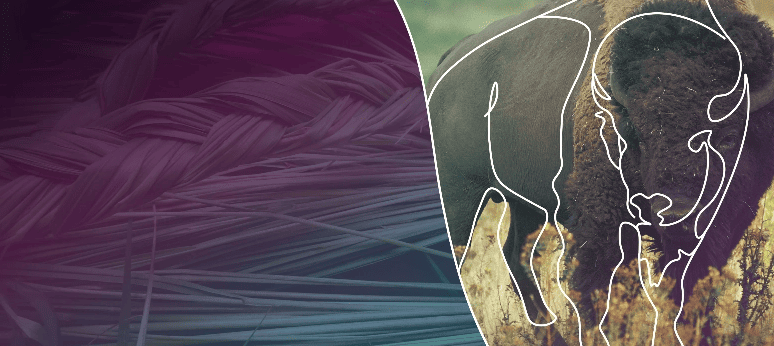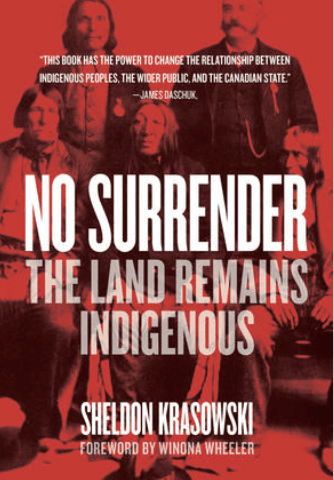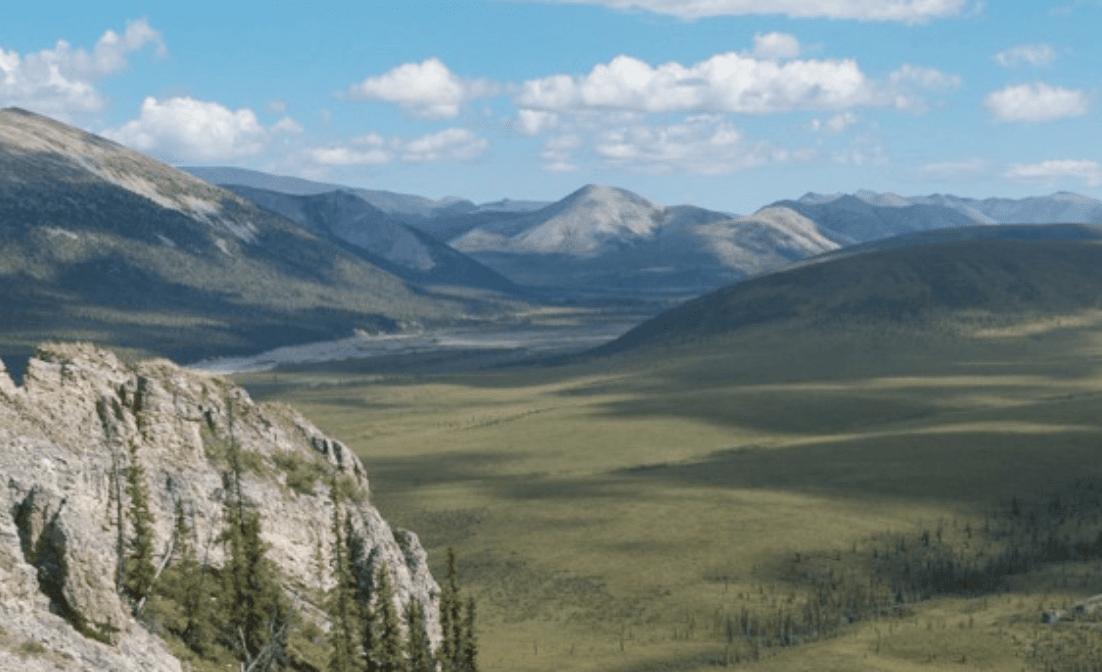Aboriginal Peoples – Fact and Fiction
Aboriginal Peoples: Fact and Fiction sought to address a pressing concern – bridging the vast gulf between Quebecers and Aboriginal peoples by changing negative perceptions and countering the general lack of knowledge about Aboriginal peoples.







